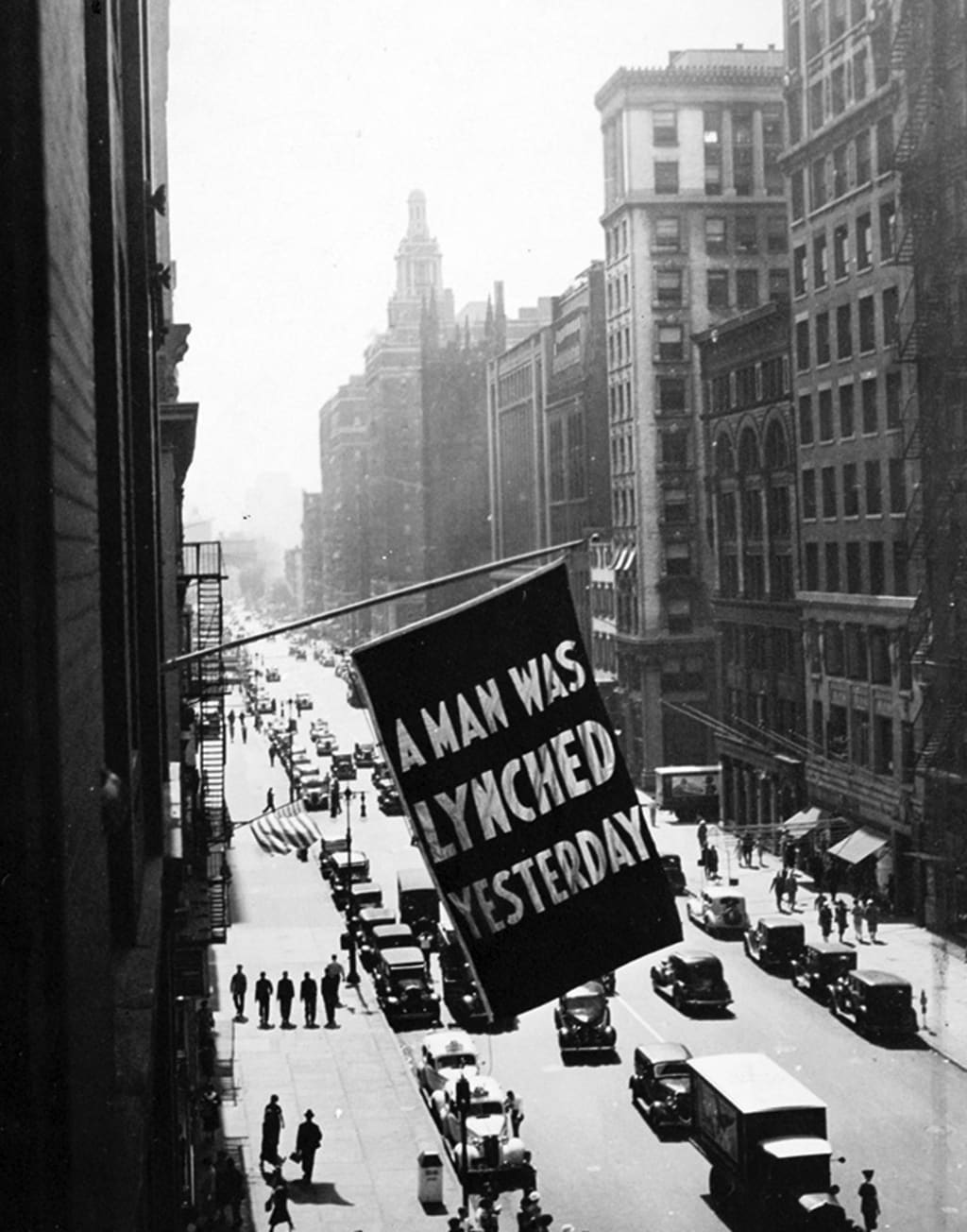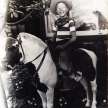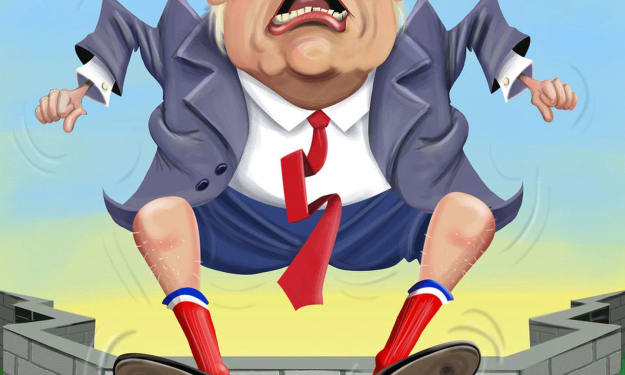Another One for the Road
Does it feel like you've heard this one before?

Huge crowds, crowds larger than we have ever seen, louder than we have ever heard continue to form and march through the streets of cities large and small. And more than ever before the force driving these crowds is being reported on every day, all day on social and news media. We see it. We hear it. We feel it. So we ask: do the many voices shouting and bodies protesting in the streets mean significant change?
George Floyd’s murder at the hands of the Minneapolis police shoved the cops/ race issue into our faces hard and fast. This latest incident started an uproar. Amid the clamor of the “look how far we have come” debate, which shot quickly to the forefront of the news and social media, what became insidiously apparent is that regardless of how far we have come, we have not come far enough.
Taking shape along black and white racial lines with well-known political figures and celebrities leaping to the side of the protestors, the government was suddenly involved, waving and shouting as new legislation was created.
Soon the cynical (folk like me) began wondering,“Will this lead to real authentic change? Are we starting down another blind alley?”
Our history of race relations is tawdry and brutal. We are a racist country still trying to humanely find our way forward through the ugly smoke and mirrors of prejudice and capitalism. Worse still, our current government isn’t strong and just on this issue, especially the Trumpster, who invariably blows it big time when asked to step forward. It is even worse when nobody asks him and he still steps forward and says things like, “When the looting starts, the shooting starts.”
The National Memorial for Peace and Justice along with the Legacy Museum in Montgomery, Alabama, offers a fair and ample look at our history of lynching, a history that comprehensively makes note of the almost 5,000 Black people who died at the hands of lynch mobs; the victims were mostly men in the 12 southern states. These examples of racial terror, never to be confused with the “hangin’s” of the Wild West, occurred mostly after 1877 until the 1950’s (until the1950’s!) were designed (if that can possibly be the right word) to discourage Blacks from everything from escaping to freedom, petty crime, to looking too long at a white woman.
The lynching spectacles drew large crowds: the perpetrators were virtually never punished, nor were they even identified beyond “person or persons unknown” by police departments or the news media. At its height—or at its lowest—these loathsome lynchings would be seen by whole white families as some kind of object lesson. And now, generations of learning later, lynchings have reappeared.
Very recently Robert Fuller of Palmdale and Malcolm Harsch of Victorville were found hanged. Both were considered by authorities to be suicides, but they have pledged to investigate the cases. The words “rush to judgment,” often heard in situations like this, caused investigators to slow down. “People who participated in a town hall meeting hosted by Los Angeles County Sheriff Alex Villanueva also voiced concern that Fuller and Harsch may have been lynched.”
In a related incident “an African-American man convicted of alleged rape was granted a posthumous pardon last Friday, nearly 100 years after angry mobs lynched three others arrested with him in Duluth, Minnesota,” reminding us again that better is indeed sometimes better than never. Irene Tusken, a white woman, alleged Max Mason and three others held her at gun point and assaulted her. Six Black men were arrested.Three of them were later dragged from their cell, beaten and lynched. There was no evidence to support Irene Tusken’s claims, and a family doctor who examined her found no signs of rape or assault, according to the Minnesota Historical Society.
The site of their deaths is now the Clayton Jackson McGhie Memorial. It’s inscribed with the words of author Edmund Burke; “An event has happened upon which it is difficult to speak and impossible to remain silent.”






Comments
There are no comments for this story
Be the first to respond and start the conversation.